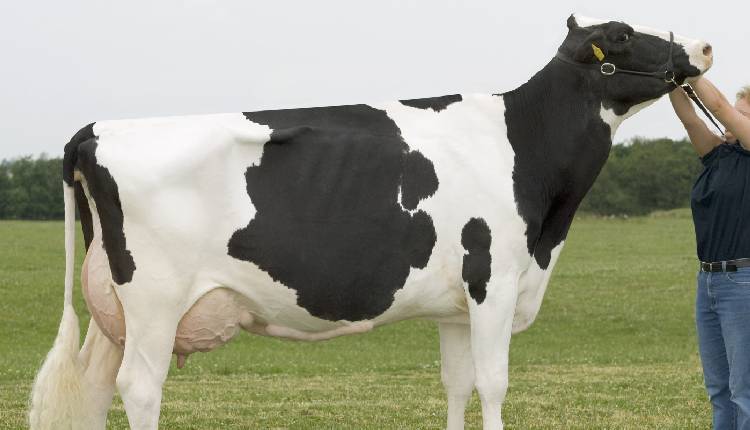Denmark, a leading pork and dairy exporter, announced on Tuesday that it will become the first country to introduce a tax on livestock carbon dioxide emissions starting in 2030.
The government aims to inspire other nations to follow suit. The tax proposal was initially put forward in February by experts to aid Denmark in achieving its legally binding goal of reducing greenhouse gas emissions by 70 per cent from 1990 levels by 2030.
Late Monday, the centrist government reached a broad agreement with farmers, industry representatives, labour unions, and environmental groups on farming-related policies, addressing the country’s largest source of CO2 emissions.
Taxation Minister Jeppe Bruus of the Social Democrats stated that this pioneering CO2 tax on agriculture would likely inspire other nations to implement similar measures.
The proposed tax will start at 300 Danish crowns ($43.16) per ton of CO2 in 2030 and will rise to 750 crowns by 2035. Farmers will be eligible for a 60 per cent income tax deduction on this cost, making the effective tax 120 crowns per ton initially, increasing to 300 crowns by 2035. Subsidies will also be provided to help farmers adapt their operations.
The tax could add approximately 2 crowns to the cost of a kilo (2.2 pounds) of minced beef by 2030, with minced beef currently priced at around 70 crowns per kilo at discount stores in Denmark, according to Minister for Economic Affairs Stephanie Lose.
Although a similar tax plan was abandoned in New Zealand this month due to opposition from farmers, Danish farmers, despite concerns over potential production cuts and job losses, have welcomed the compromise. The L&F agriculture industry group noted that the agreement provides clarity on significant issues affecting farmers.
The bill is expected to pass parliament following the broad consensus achieved.
Attribution: Reuters.


